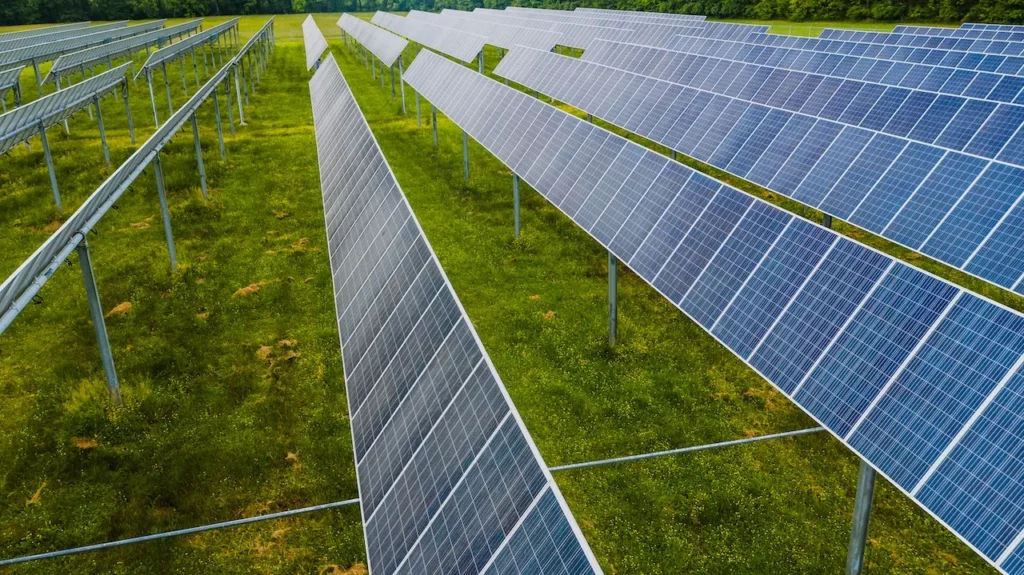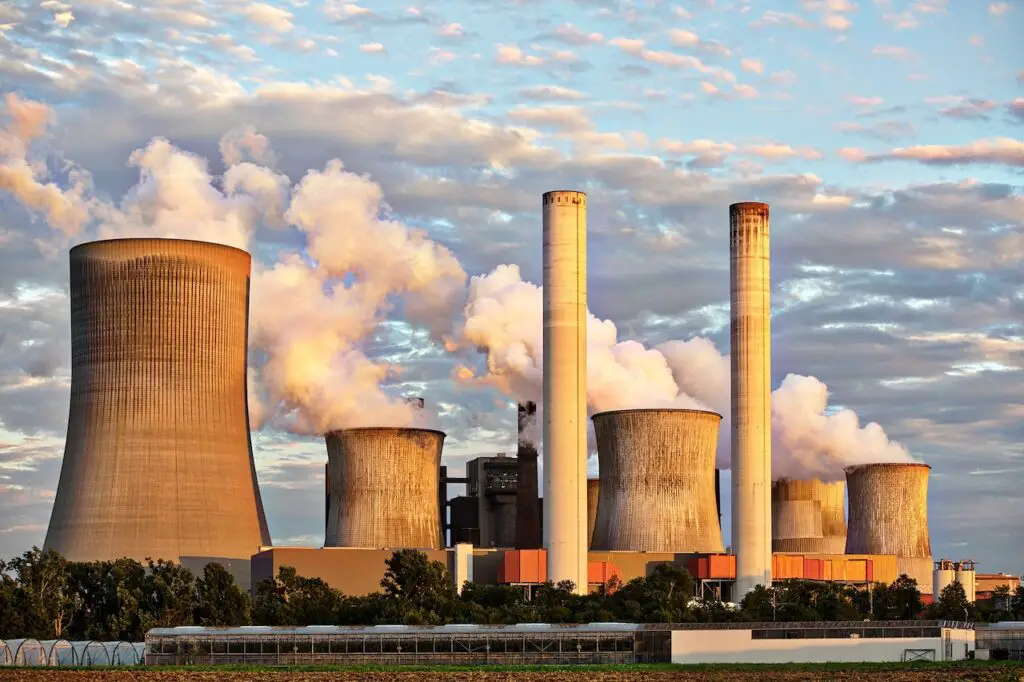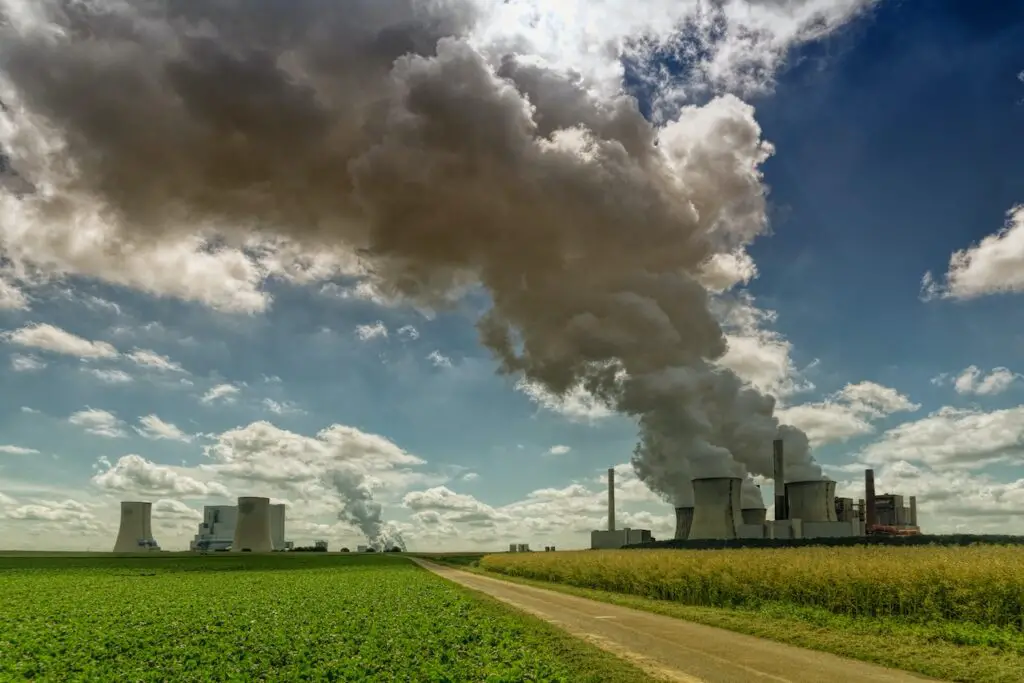Are you concerned about the health of our planet? Do you want to do your part in reducing your carbon footprint?
One of the most effective ways to help the environment is by reducing carbon emissions. Not only will you be helping to save the planet, but you can also save money on your energy bills in the process.
In this blog post, we’ll explore the many benefits of reducing carbon emissions and how it can help both the planet and your wallet. So, let’s dive in and discover how you can make a positive impact on the world around you!

Health Benefits
One of the most significant benefits of reducing carbon emissions is the improvement in air quality. When we burn fossil fuels, we release harmful pollutants into the air, such as sulfur dioxide, nitrogen oxides, and particulate matter. These pollutants can cause respiratory problems and other health issues, especially in vulnerable populations like children, the elderly, and those with pre-existing conditions.
By reducing carbon emissions, we can significantly improve air quality and reduce the risk of respiratory illnesses. According to a study by the American Thoracic Society, reducing carbon emissions could prevent up to 175,000 premature deaths by 2030. The study found that reducing carbon emissions would lead to a decrease in particulate matter and ozone levels, which are linked to respiratory illnesses.
Another study by the University of North Carolina found that reducing carbon emissions could also lead to a decrease in hospitalizations for respiratory illnesses. The study found that a 30% reduction in carbon emissions could lead to a 10% reduction in hospitalizations for respiratory illnesses like asthma and chronic obstructive pulmonary disease (COPD).
These studies show that reducing carbon emissions can have a significant impact on public health. By improving air quality, we can reduce the risk of respiratory illnesses and improve the overall health of our communities.
Financial Benefits
Reducing your carbon footprint can not only benefit the environment and public health, but it can also save you money in the long run. By reducing your energy consumption, you can lower your energy bills and reduce your overall expenses.
One of the most effective ways to reduce your carbon footprint is by using energy-efficient appliances and equipment. For example, switching to LED light bulbs can reduce your energy consumption by up to 80%. Installing a programmable thermostat can also help you save money on your heating and cooling bills by automatically adjusting the temperature when you’re not home.
According to the U.S. Department of Energy, the average household spends $1,400 a year on energy bills. By making energy-efficient upgrades, you can save up to 30% on your energy bills, which translates to hundreds of dollars in savings each year.
In addition to saving money on your energy bills, reducing your carbon footprint can also increase the value of your home. According to a study by the Lawrence Berkeley National Laboratory, energy-efficient homes sell for an average of 9% more than non-efficient homes.
By reducing your carbon footprint, you can not only save money on your energy bills, but you can also increase the value of your home. So, why not make the switch to energy-efficient appliances and equipment today and start reaping the financial benefits?
Environmental Benefits
Reducing carbon emissions is crucial in slowing down climate change and protecting the planet. By reducing our carbon footprint, we can help preserve natural habitats and protect wildlife from the devastating effects of climate change.
One of the most significant impacts of climate change is the loss of biodiversity. As temperatures rise and weather patterns change, many species are struggling to adapt, leading to a decline in populations and even extinction. By reducing carbon emissions, we can help slow down climate change and protect these vulnerable species.
In addition to protecting wildlife, reducing carbon emissions can also help preserve natural habitats. For example, deforestation is a significant contributor to carbon emissions, as trees absorb carbon dioxide from the atmosphere. By reducing deforestation and promoting reforestation efforts, we can help reduce carbon emissions and preserve natural habitats for future generations.
Another way that reducing carbon emissions can help protect the planet is by reducing the risk of natural disasters. As temperatures rise, we are seeing an increase in extreme weather events like hurricanes, floods, and wildfires. By reducing our carbon footprint, we can help mitigate these risks and protect communities from the devastating effects of natural disasters.
Social Benefits
Reducing carbon emissions is not only important for the environment and public health, but it can also lead to a more sustainable and equitable society. By transitioning to a low-carbon economy, we can create jobs and improve the economy while reducing our impact on the environment.
One way that reducing carbon emissions can create jobs is through the expansion of renewable energy. According to a report by the International Renewable Energy Agency, the renewable energy sector employed 11.5 million people worldwide in 2019. By investing in renewable energy, we can create new jobs and stimulate economic growth while reducing our dependence on fossil fuels.
Another way that reducing carbon emissions can improve the economy is through energy efficiency. By making energy-efficient upgrades to buildings and infrastructure, we can reduce energy costs and save money in the long run. This can help businesses and households save money and reinvest those savings into other areas of the economy.
Reducing carbon emissions can also lead to a more equitable society. By transitioning to a low-carbon economy, we can reduce the impact of climate change on vulnerable communities, such as low-income neighborhoods and communities of color. These communities are often disproportionately affected by the effects of climate change, such as extreme weather events and rising sea levels.
Conclusion
In conclusion, reducing carbon emissions is crucial in protecting the environment, public health, and the economy. By reducing our carbon footprint, we can improve air quality, save money on energy bills, protect natural habitats and wildlife, create jobs, and build a more sustainable and equitable society.
But reducing carbon emissions is not just the responsibility of governments and businesses. Each of us can take action to reduce our own carbon footprint and make a positive impact on the world around us. Simple actions like using energy-efficient appliances, reducing car trips, and eating a plant-based diet can all help reduce our carbon footprint.
So, we encourage you to take action today and start reducing your carbon footprint. Small changes can add up to make a big difference, and together, we can build a more sustainable future for ourselves and future generations.




